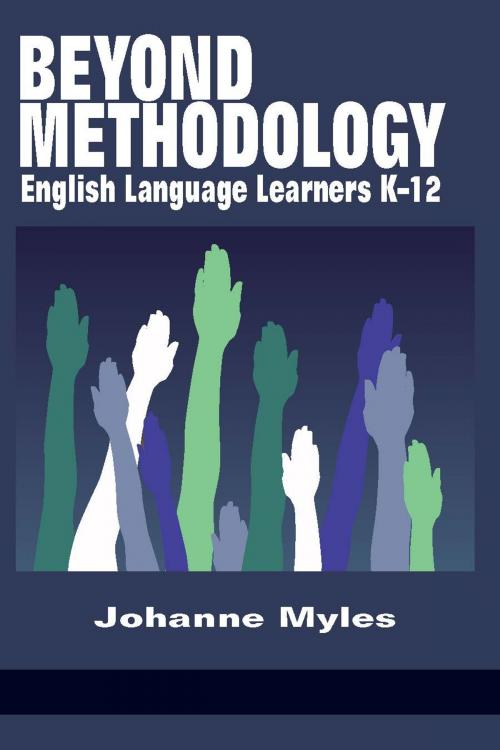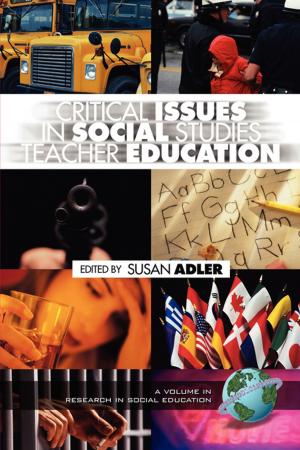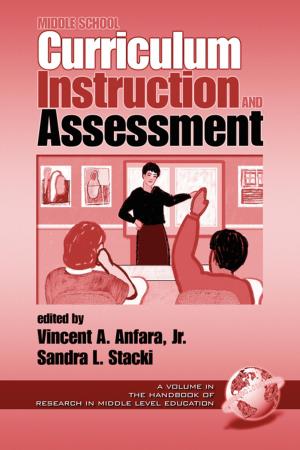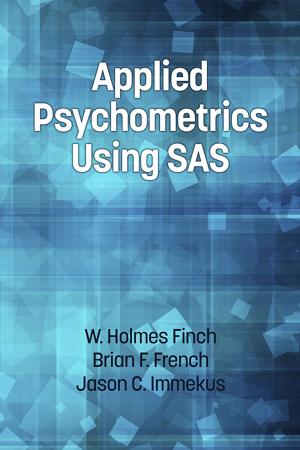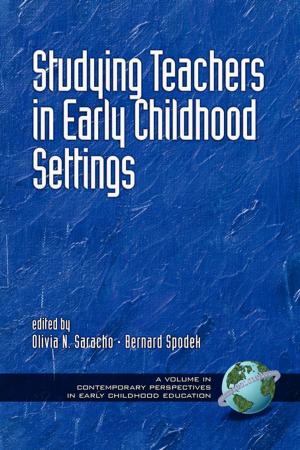| Author: | Johanne Myles | ISBN: | 9781681230757 |
| Publisher: | Information Age Publishing | Publication: | August 1, 2015 |
| Imprint: | Information Age Publishing | Language: | English |
| Author: | Johanne Myles |
| ISBN: | 9781681230757 |
| Publisher: | Information Age Publishing |
| Publication: | August 1, 2015 |
| Imprint: | Information Age Publishing |
| Language: | English |
There is much variability with regard to the type, depth and effectiveness of training teachers receive in understanding and meeting the needs of English language learners (ELLs) in public schools across the country, yet the rise in the number of learners has been substantial. Although it is important that teachers have knowledge and skills related to instructional methods and approaches for teaching ESL, they may also be confronted with policies that disadvantage ELLs, such as compulsory standardized testing, and unrealistic curriculum demands. They may also lack appropriate resources, and be faced with learners who have learning disabilities and behavioral issues associated with culture shock. The book is designed to present classroomoriented topics that are fundamental to the professional development of preservice, novice, and veteran teachers working with ELLs. Such topics include issues surrounding initial orientation and student placement; the acculturation process for ELLs and particular concerns of refugee students; challenges involved in making accommodations and curricular modifications as well as determining if ELLs have special needs; social and emotional difficulties affecting ELL performance and communicating with parents; and bullying behaviors, learner advocacy and transitioning. The book may be used as a supplement to a course textbook on second language acquisition and teaching, or as the main focus of a course, to which other material is added. The short case studies provide an opportunity for teachers to engage in dialogue and wrestle with issues and dilemmas that pertain to ELLs in reallife school settings. They provide a stimulus that help teachers explore their underlying assumptions about the languages, cultures, and experiences that their ELLs bring to the school community. Acknowledging learners’ strengths and aspirations prepares all students for success in our global society.
There is much variability with regard to the type, depth and effectiveness of training teachers receive in understanding and meeting the needs of English language learners (ELLs) in public schools across the country, yet the rise in the number of learners has been substantial. Although it is important that teachers have knowledge and skills related to instructional methods and approaches for teaching ESL, they may also be confronted with policies that disadvantage ELLs, such as compulsory standardized testing, and unrealistic curriculum demands. They may also lack appropriate resources, and be faced with learners who have learning disabilities and behavioral issues associated with culture shock. The book is designed to present classroomoriented topics that are fundamental to the professional development of preservice, novice, and veteran teachers working with ELLs. Such topics include issues surrounding initial orientation and student placement; the acculturation process for ELLs and particular concerns of refugee students; challenges involved in making accommodations and curricular modifications as well as determining if ELLs have special needs; social and emotional difficulties affecting ELL performance and communicating with parents; and bullying behaviors, learner advocacy and transitioning. The book may be used as a supplement to a course textbook on second language acquisition and teaching, or as the main focus of a course, to which other material is added. The short case studies provide an opportunity for teachers to engage in dialogue and wrestle with issues and dilemmas that pertain to ELLs in reallife school settings. They provide a stimulus that help teachers explore their underlying assumptions about the languages, cultures, and experiences that their ELLs bring to the school community. Acknowledging learners’ strengths and aspirations prepares all students for success in our global society.
